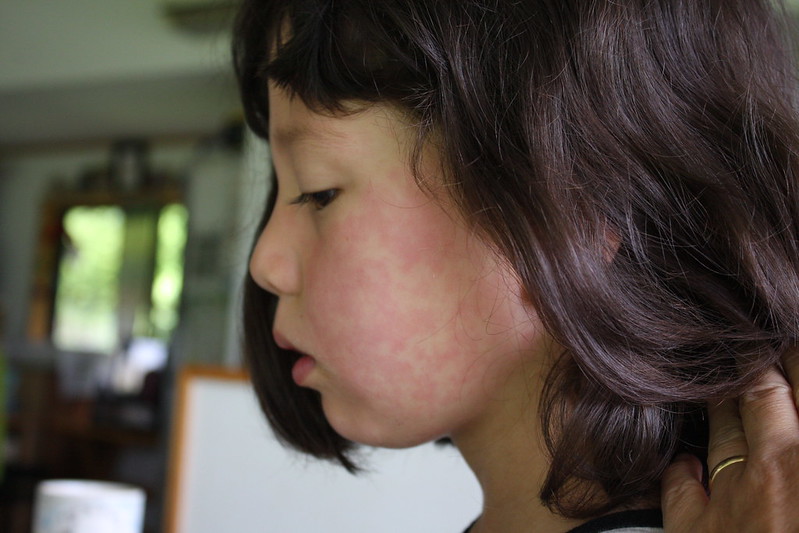The Centers for Disease Control and Prevention (CDC) yesterday sent an alert to health providers about a rise in parovirus B19 infections in the United States.

Though the disease isn't typically included in US surveillance, the CDC said it had received multiple reports of increased activity, including data from commercial labs, serology in the general population, and serology among blood donors. In its Health Alert Network notice, the CDC also said it has receive reports of clusters of parvovirus B19 complications in pregnant women, and people who have sickle cell disease.
The group added the European region experienced a rise in cases in the first quarter of 2024.
Highly transmissible and a threat to at-risk groups
Parvovirus B19 is highly transmissible by respiratory droplets and is known to spread in households as well as trigger school outbreaks. The virus can also spread from pregnant women to their fetuses and can be transmitted through transfusion of blood components and certain plasma derivatives. Also called "fifth disease", hallmarks of the illness include a "slapped cheek" rash in children and joint pain in adults.
Most people recover with supportive care, but parvovirus B19 infections can lead to serious complications in certain groups, as well as adverse fetal outcomes.
The CDC urged health providers to keep a high index of suspicion in people who present with compatible physical symptoms and lab markers, especially those at higher risk including pregnant women, immunocompromised people, and those with chronic hemolytic blood disorders.











